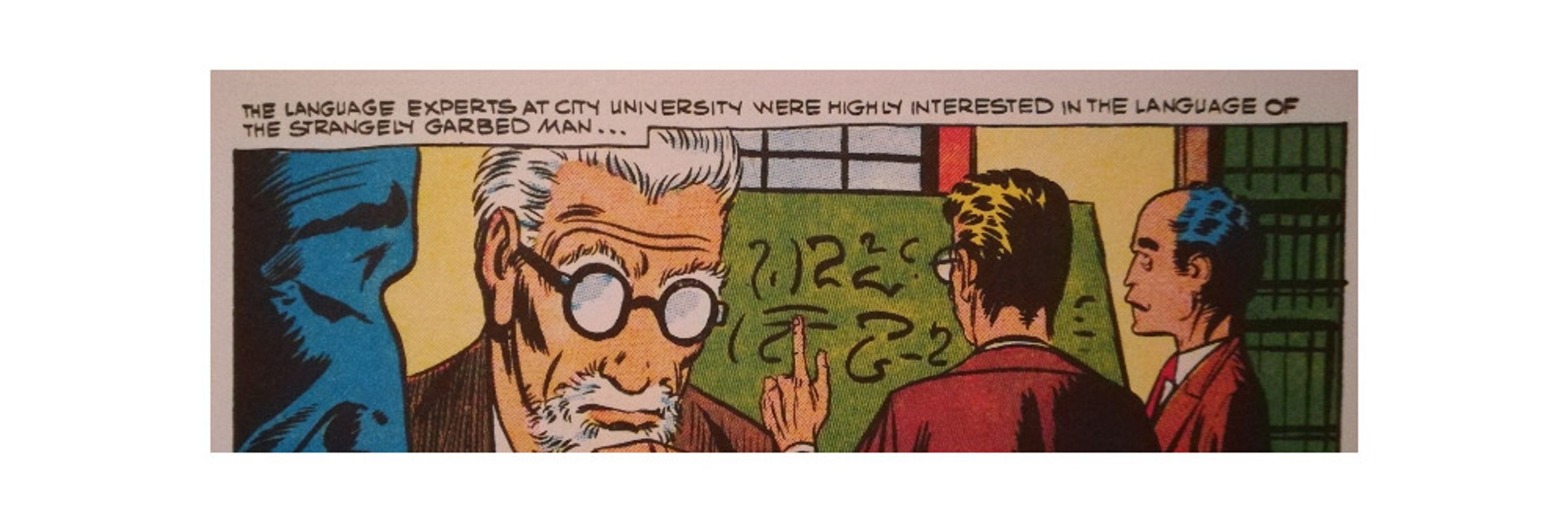Joe McVeigh
@eviljoemcveigh.bsky.social
440 followers
360 following
350 posts
I'm a linguist & sr lecturer at Metropolia Uni. I'm writing my PhD in marketing and linguistics at the University of Helsinki. I like #language & #linguistics, hockey, baseball and comic books - but maybe not in that order :)
https://eviljoemcveigh.com
Posts
Media
Videos
Starter Packs
Reposted by Joe McVeigh
Reposted by Joe McVeigh
Reposted by Joe McVeigh













